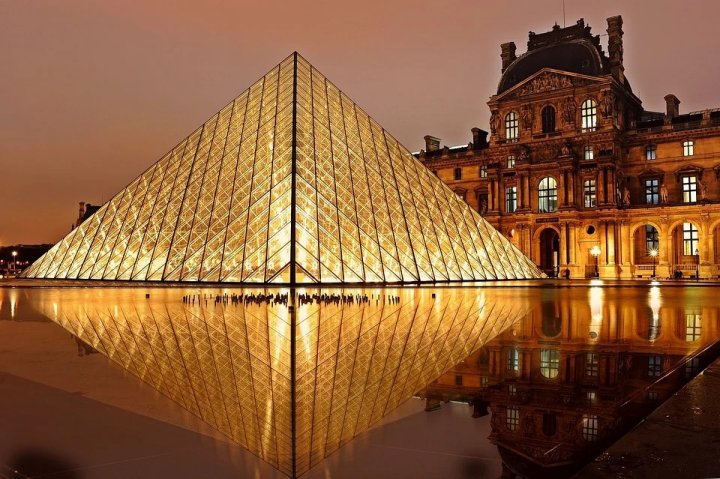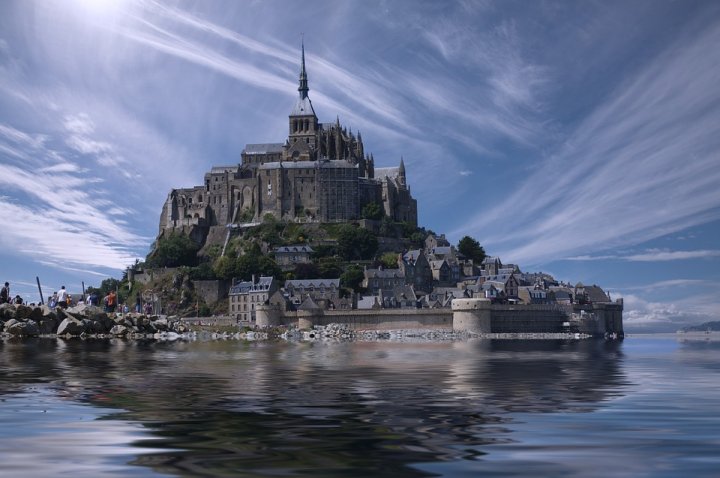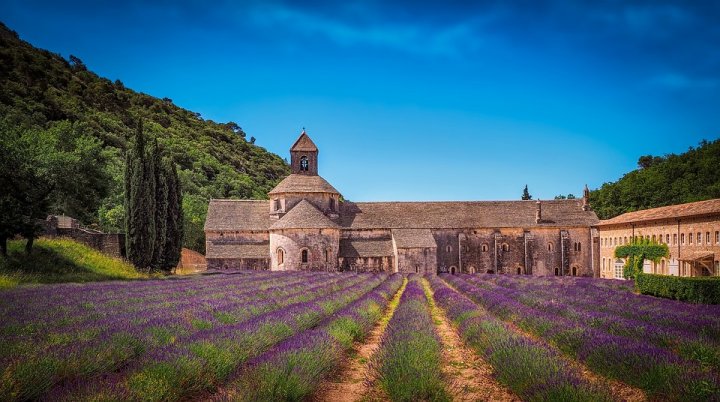Pictures from France
by Travelling Images
by Travelling Images
France has been inhabited by humans for tens of thousands of years. Successive waves of peoples have moved into the region and established large cultures. The Neanderthals were gradually displaced by Cro-Magnon or modern humans across many thousands of years. After the glaciers began retreating much of Europe was inhabited by sophisticated hunter-gatherer cultures, some of whose descendants still live in a few places.
Starting around 6,000 BCE (about 8,000 years ago) farmers began migrating from Anatolia (in what is modern Turkey) into southeastern Europe. They spread westward, mingling with and displacing the hunter-gatherer communities. From 1200 BCE to 800 BCE communities in the south central European mountains formed the earliest Celtic tribes. By 600 BCE the Celts spread across Europe and settled in lands that now include France and Germany.
The Celts remained the domainant culture in Europe for several hundred years but by 200 BCE the Roman Republic in southern Italy had become a very powerful state. Within another 150 years the Romans invaded Gaul (modern France) under Gaius Julius Caesar. For 8 years Caesar gradually conquered all the tribes and cities of Gaul, putting down a few rebellions to ensure complete Roman control over the new province.
A small tribe of Celts (Gauls) named the Parisii lived on an island in the middle of the Seine river. Their town became the heart of a new Roman city that eventually grew into modern Paris. After Gaul was conquered by German tribes in the 5th century, the Franks unified the area and took Paris to be their capital city.
The early Frankish kings divided their realm between their heirs, thus weakening France. Each generation fought wars of reunification that eventually sapped the early dynasties of their power. The Frankish kings gave up much land to powerful nobles who controlled most of France's people and wealth for centuries. But after the 13th century the Franch kings began gradually consolidating their power again.
From the time of Louis XIV onward France was a major power, sometimes vying with Spain or England for dominance but always an important nation. During the 19th century Napoleon Bonaparte use French troops to conquer an empire. He left his mark on a troubled Europe that gave rise to many revolutions, eventually resulting in the rise of Prussia and the German empire by the end of the century.
In the 20th century France allied itself with Great Britain (formerly England) in opposing first the German empire and then Nazi Germany through two world wars. A founding member of the United Nations, France is one of only five countries with permanent seats on the Security Council.
France has led the world in culture and science for generations. It is a popular tourist destination well into the 21st century.

The Louvre is a former royal palace in Paris, France that has been converted into a world-famous art museum.

Mont Saint Michel is an island of the coast of Normandy in northeastern France.

